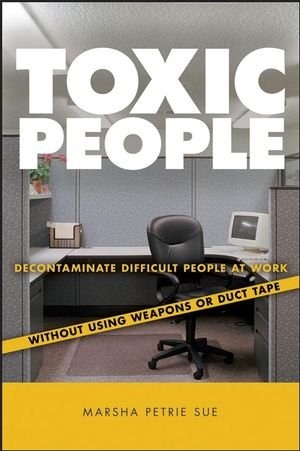Are Carpets Toxic?
Carpets, which are commonly used in homes and businesses, have been the subject of controversy over their potential toxicity. While some studies have shown that carpets can emit volatile organic compounds (VOCs) that may contribute to indoor air pollution, other research suggests that the benefits of carpeting, such as noise reduction and improved foot comfort, outweigh any potential health risks. Despite these conflicting findings, many people still question whether carpeting is safe for their homes and health. The answer to this question depends on several factors, including the specific type of carpet, its age, and how it is cleaned and maintained.
Carpets have long been a staple in many homes, providing warmth, soundproofing, and aesthetic appeal. However, recent concerns have been raised about the potential toxicity of certain carpets, leading many to question the safety of this common household item.

In response to these concerns, it's important to first consider the material composition of the carpet. Carpets are typically made from synthetic materials such as nylon, polyester, or acrylic, which are processed and treated with various chemicals during manufacturing. These chemicals, if not properly regulated or used in excessive amounts, can pose health risks.
One particular concern is the presence of formaldehyde, a toxic chemical commonly used in the production of some synthetic fibers. Formaldehyde is a known carcinogen and is responsible for causing nasal cancer and respiratory problems when inhaled over time. Although the use of formaldehyde in carpet manufacturing is highly regulated in many countries, there is still a risk of exposure, especially in older or low-quality carpeting.
In addition to formaldehyde, other potentially harmful chemicals may be used in the production of carpets, including dyes, fire retardants, and stain repellents. These chemicals, while providing specific functions to the carpet, may also contribute to indoor air pollution and pose health risks, particularly for individuals with chemical sensitivities.

However, it's not all doom and gloom for carpet owners. Many modern carpets are produced using more environmentally friendly and safer manufacturing processes. Additionally, taking proper care of your carpet, such as regular vacuuming and cleaning, can significantly reduce the risk of exposure to these harmful chemicals.
Moreover, the health benefits of having a clean, well-maintained carpet outweigh the potential risks. For example, carpet fibers can trap allergens and pollutants, preventing them from being released into the air we breathe. This is especially beneficial for individuals with respiratory conditions such as asthma or allergies.
It's also worth considering that some carpets are specifically designed for high-traffic areas or commercial use, where they may be more exposed to wear and tear. These carpets may require more frequent cleaning to maintain their appearance and functionality, further reducing any potential health risks.

In conclusion, while there are concerns about the potential toxicity of certain carpets, particularly those made from synthetic materials, it's essential to remember that modern manufacturing processes and proper care can significantly reduce these risks. The benefits of having a clean and well-maintained carpet in terms of improved indoor air quality and reduced allergens outweigh the potential risks, particularly when considering the alternative of bare floors. Therefore, while it's essential to be vigilant about the materials used and the care taken with your carpet, there's no need to panic about the potential toxicity of your home's flooring.
Articles related to the knowledge points of this article:
Jackets and Down Coats: A Fashion Statement for Winter
Pretty Winter Coats: A Fashion Staple for the Cold Season
White Goose Down Jacket: A Symbol of Winter Warmth



